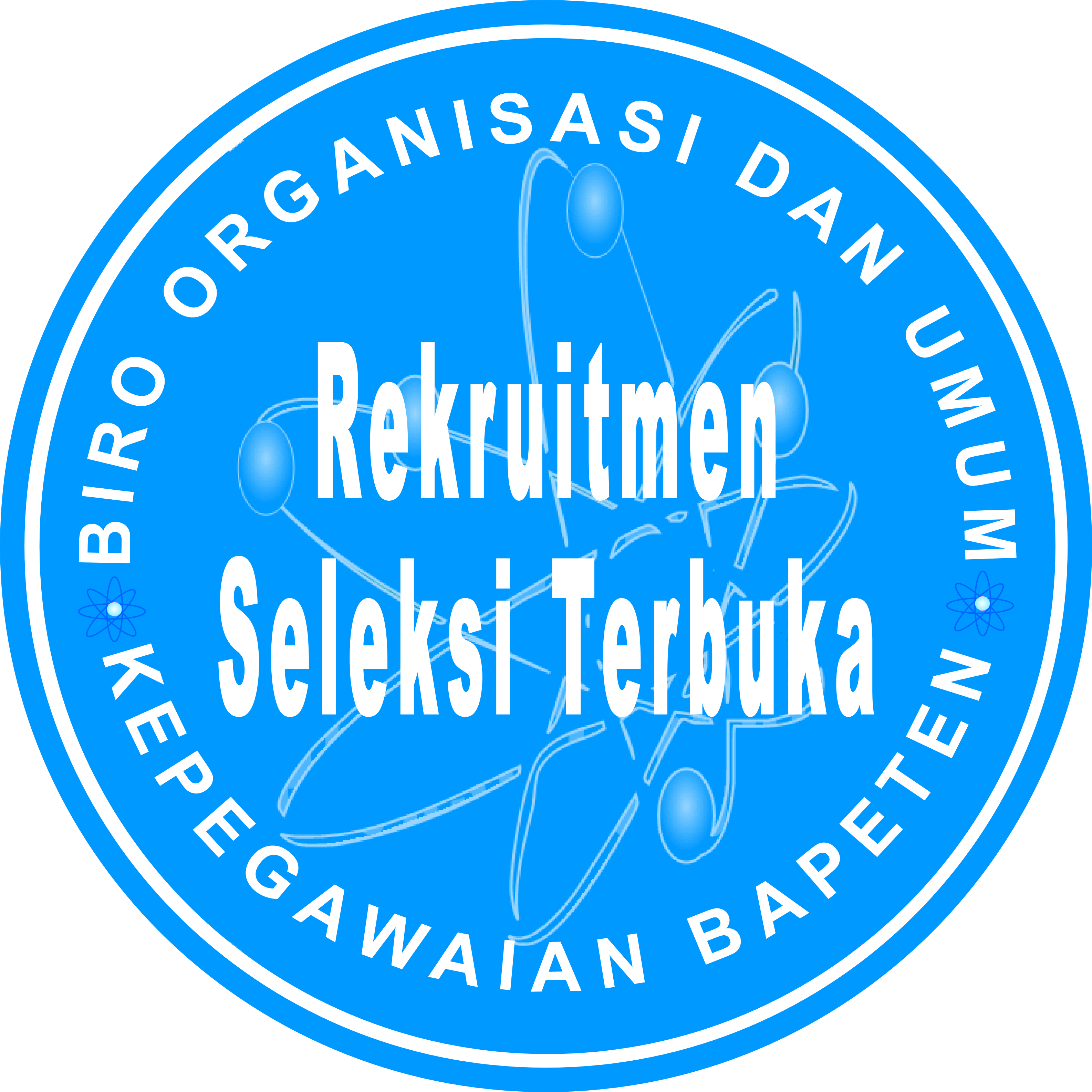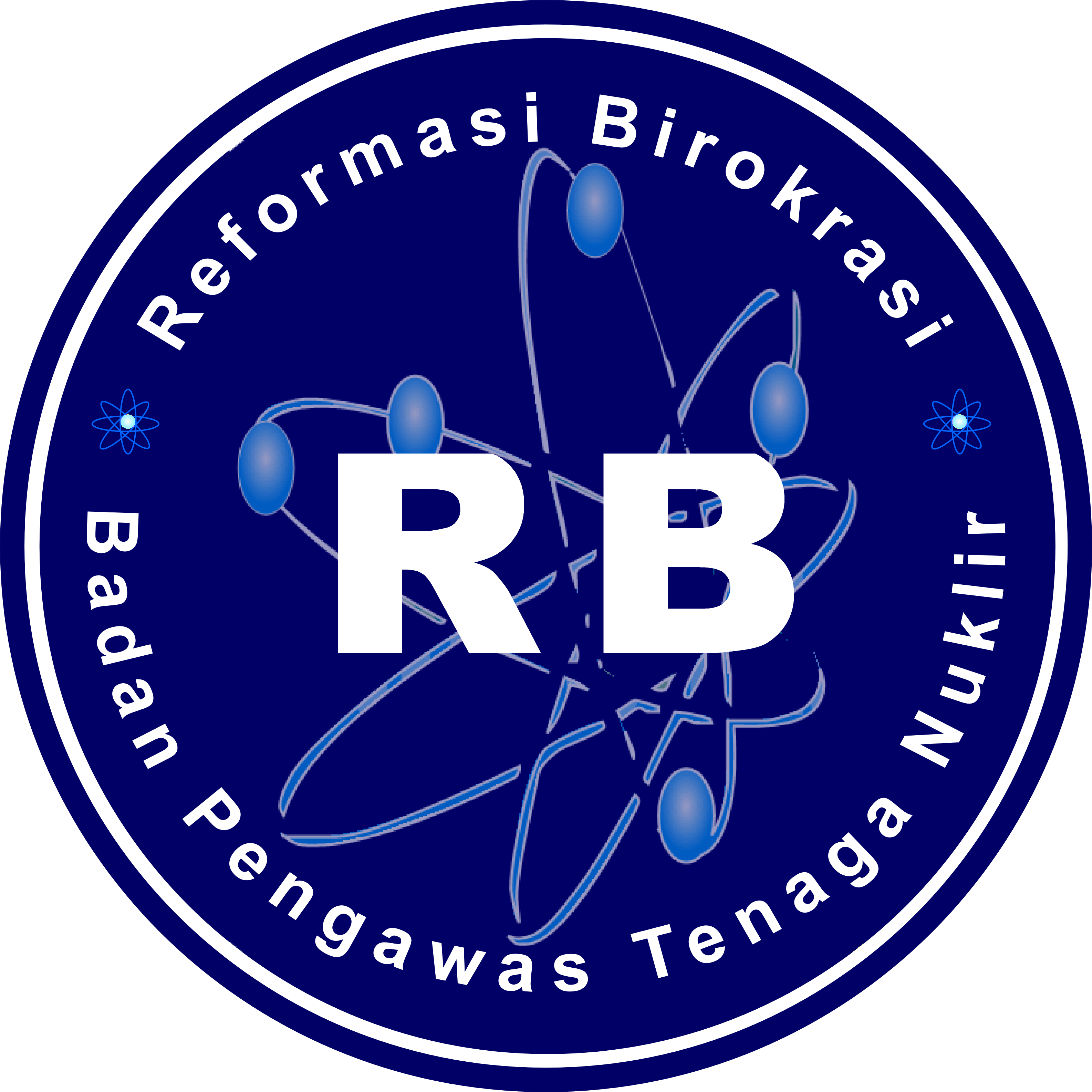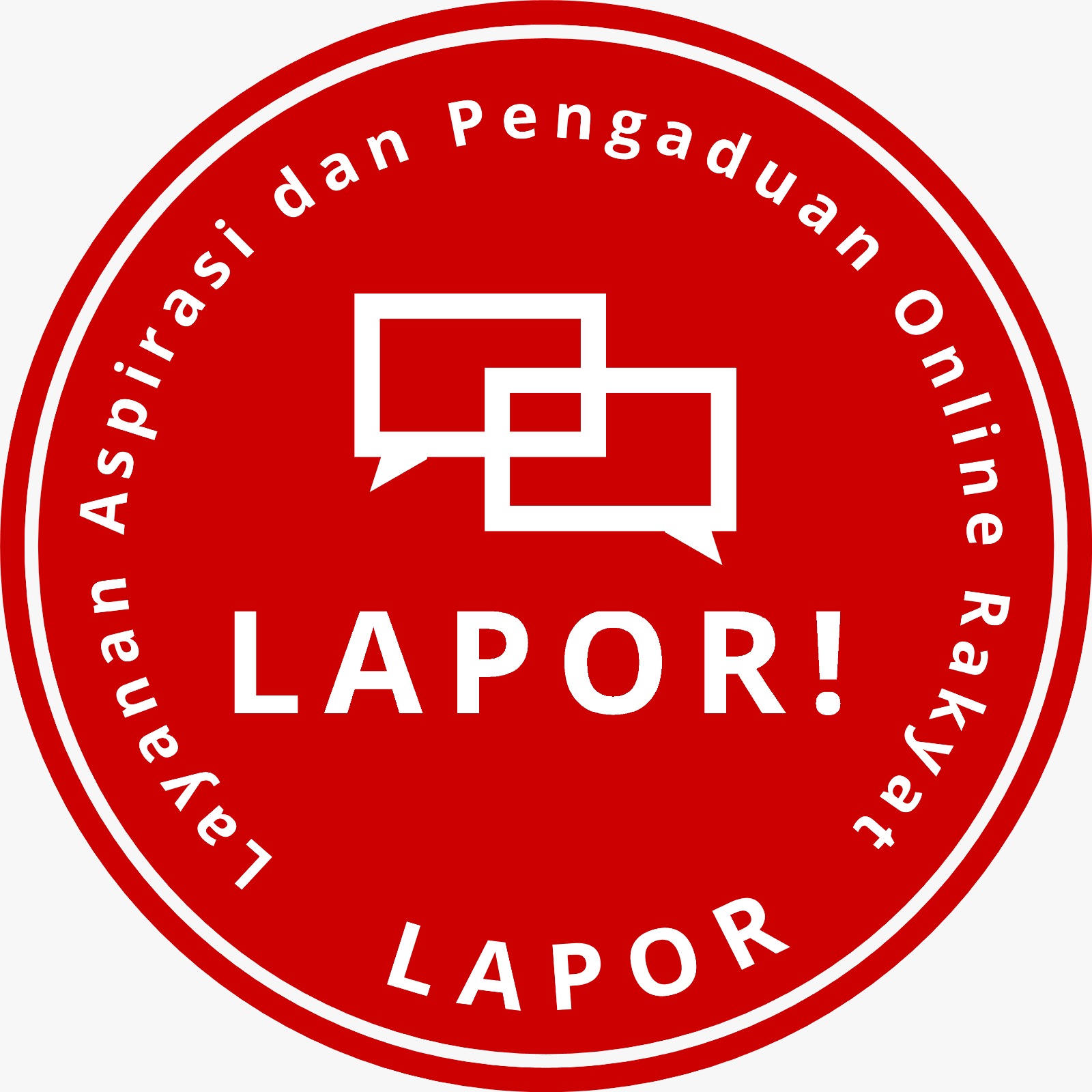BAPETEN Receives Working Visit from DPRD of Bangka Belitung Islands Province
Kembali 03 Oktober 2023 | Berita BAPETEN | 676 lihatThe visit was led by the Deputy Chairperson of the DPRD, Beliadi in the context of coordinating with BAPETEN regarding the storage and management of Radioactive Associated Minerals (MIR) which are abundant in the Bangka Belitung region, Tuesday, September 26, 2023.
The DPRD delegation was received by Plh. Deputy for Nuclear Safety Studies, Lukman Hakim, BAPETEN Main Radiation Supervisor Dahlia C. Sinaga, along with several staff from related work units within BAPETEN.
"We at BAPETEN welcome the visit from the Bangka Belitung Islands Province DPRD to BAPETEN, hopefully we can coordinate well in order to maintain safety for the people and environment in Bangka Belitung," said Lukman when opening the event as Plh. Deputy representing elements of BAPETEN leadership.
"We have been there several times (Bangka Belitung), which is proof of our commitment to monitoring the MIR problem," continued Lukman.
Deputy Chair of the Bangka Belitung Islands Province DPRD, Beliadi, said that Commission III of the Bangka Belitung Islands DPRD had visited the Smelter several times, and intended to ask about MIR storage. "We want to ask what the safe storage method is, because we saw it, just piled up like that, how is this related, is there any radiation," said Beliadi.
He added, "We want to be able to invest safely and comfortably and our community is also safe," he said.
Meanwhile, another member of the DPRD asked, "What is the SOP for storage, the thickness of the concrete, what is the permit for reuse, because it is leftover production," he said.
Various questions from members of the DPRD were answered through a presentation from BAPETEN's Intermediate Radiation Supervisor, Petit Wiringgalih entitled Introduction to Monitoring Radioactive Associated Minerals (MIR).
“Radioactive Associated Minerals are associated minerals with an activity concentration of at least 1Bq/g (one becquerel per gram) in one of the radioactive elements belonging to the uranium and thorium series or 10Bq/g (ten becquerels per gram) in the element potassium produced from mineral and coal mining activities , oil and gas, and other industries," explained Petit.
Petit explained that there are many problems related to MIR, including problems with governance, data, human resources, infrastructure and waste. “Regarding Governance, many MIR producing business activities are not supervised and their safety is not guaranteed. "Then, the MIR regulations do not yet regulate multilevel approaches in detail for upstream MIR producing industrial activities and finished products," explained Petit.
“There are no MIR business management procedures that support the mining and industrial sectors. "There is no MIR business industry to increase economic value and reduce the volume of materials containing MIR," added
Regarding data, Petit continued, "there is no national map as a basis for monitoring that includes the number, distribution and location of MIR producers as a whole," he continued.
Problems related to human resources and infrastructure, "There is still low understanding of regulations and public acceptance of the safety of MIR processing, and the availability of radiation detection equipment & MIR testing laboratories is still limited, a cost-benefit analysis is needed," he said.
And finally, there are problems related to waste, "including the need for arrangements regarding the final storage of MIR which no longer has economic value," he said.
"After knowing the problem, the challenge is that the identified MIR producers are only concentrated in one province, then of those identified as producing MIR above the threshold, many do not have permits," he said again.
At the end of the presentation, Petit highlighted several Radioactive Associated Minerals (MIR) identified in various business activities as having the potential to cause harm to workers, society and the environment.
Regulations that regulate and prevent radiation hazards arising from MIR are needed immediately. Apart from that, balanced regulations will not hamper economic growth, while still observing international safety rules.
Collaboration between stakeholders is the main key in implementing MIR monitoring policies and strategies in Indonesia.
Responding to Petit's presentation, DPRD members felt enlightened and asked for cooperation from BAPETEN on this MIR issue. Some things that are expected to be requested from BAPETEN include: How many companies already have permits, how many don't. For those who do not have permission, please write to BAPETEN with a copy to the Governor and DPRD of Bangka Belitung. (BHKK/Bams/RP).



























Komentar (0)